Why Theodore Roosevelt saw public lands as fundamentally democratic—not something to be sold off for a quick buck
Like zombies, many bad public policy ideas are difficult to kill. Just when you think they are finally discredited, those bad ideas stagger from their graves under a new administration and once again require a unified effort to be put down.
So it is with the notion of privatizing public lands. In his column “The Best Deal Going: Privatize U.S. Public Lands” for Forbes, Steve Hanke opines that this misguided idea could again gain traction if President Trump is willing to take his Secretary of the Interior, Ryan Zinke, “to the woodshed” for his full–throated support of America’s public lands.
Good luck with that one. Zinke was not chosen as Interior Secretary in spite of his public lands stance; he was chosen because of it. Candidate Trump came out firmly in favor of keeping public lands in public hands, and for good reason.
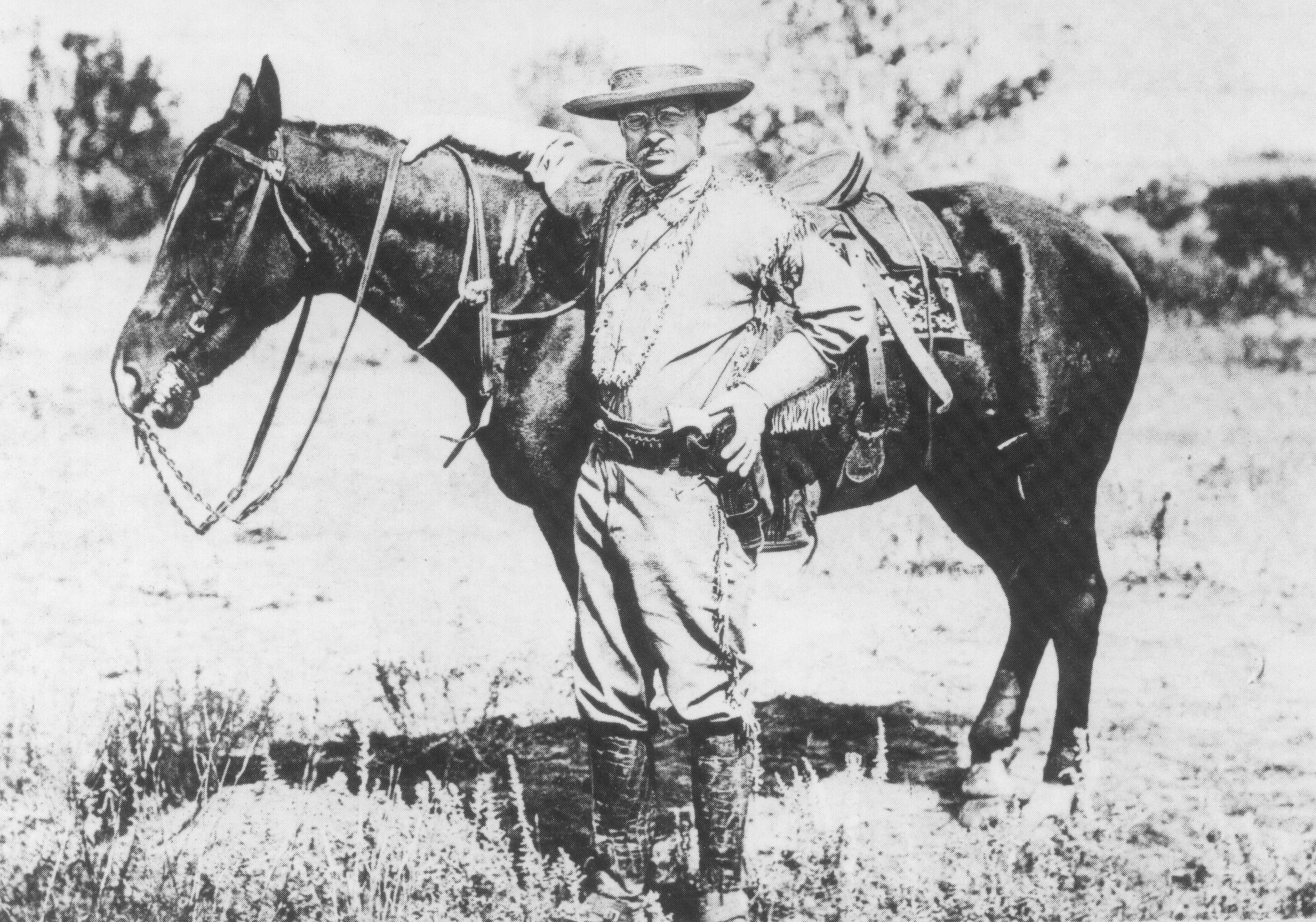
The modern public lands system dates back to the days of Theodore Roosevelt, who set aside about 230 million acres of national parks, refuges, and forests during his presidency. He did it to conserve wildlife, protect water quality, ensure that the nation had sustainable supplies of raw materials (like timber), and give all Americans the ability to get outside and test themselves in nature, which he credited for making him the man he was.
Roosevelt did not see this as socialism; he saw it as fundamentally democratic. When speaking of the need for conserving our natural resources, Roosevelt stated:
“Our duty to the whole, including the unborn generations, bids us restrain an unprincipled present-day minority from wasting the heritage of these unborn generations. The movement for the conservation of wild life and the larger movement for the conservation of all our natural resources are essentially democratic in spirit, purpose, and method.”
Today, America’s public lands system is the envy of the world and part of what makes our nation unique. Every American, regardless of class or economic status, can fish, hunt, hike, bike, camp, or paddle on the 640 million acres that they collectively own. These lands form the backbone of the $887-billion outdoor recreation economy, employing more than 7 million people and generating more than $100 billion in tax revenues every year. Thanks to the excise taxes and license fees that all hunters and anglers pay, America boasts the best-managed fish and wildlife in the world.
The American people know what they have and will not give it up without a fight. When Congressman Jason Chaffetz (R-Utah) introduced legislation earlier this year to sell off 3.3 million acres to help balance the budget, the outcry was immediate and severe. Chaffetz then took to Instagram, wearing camo and holding a hunting dog, to announce that he was withdrawing his bill. Shortly thereafter, he resigned from Congress.
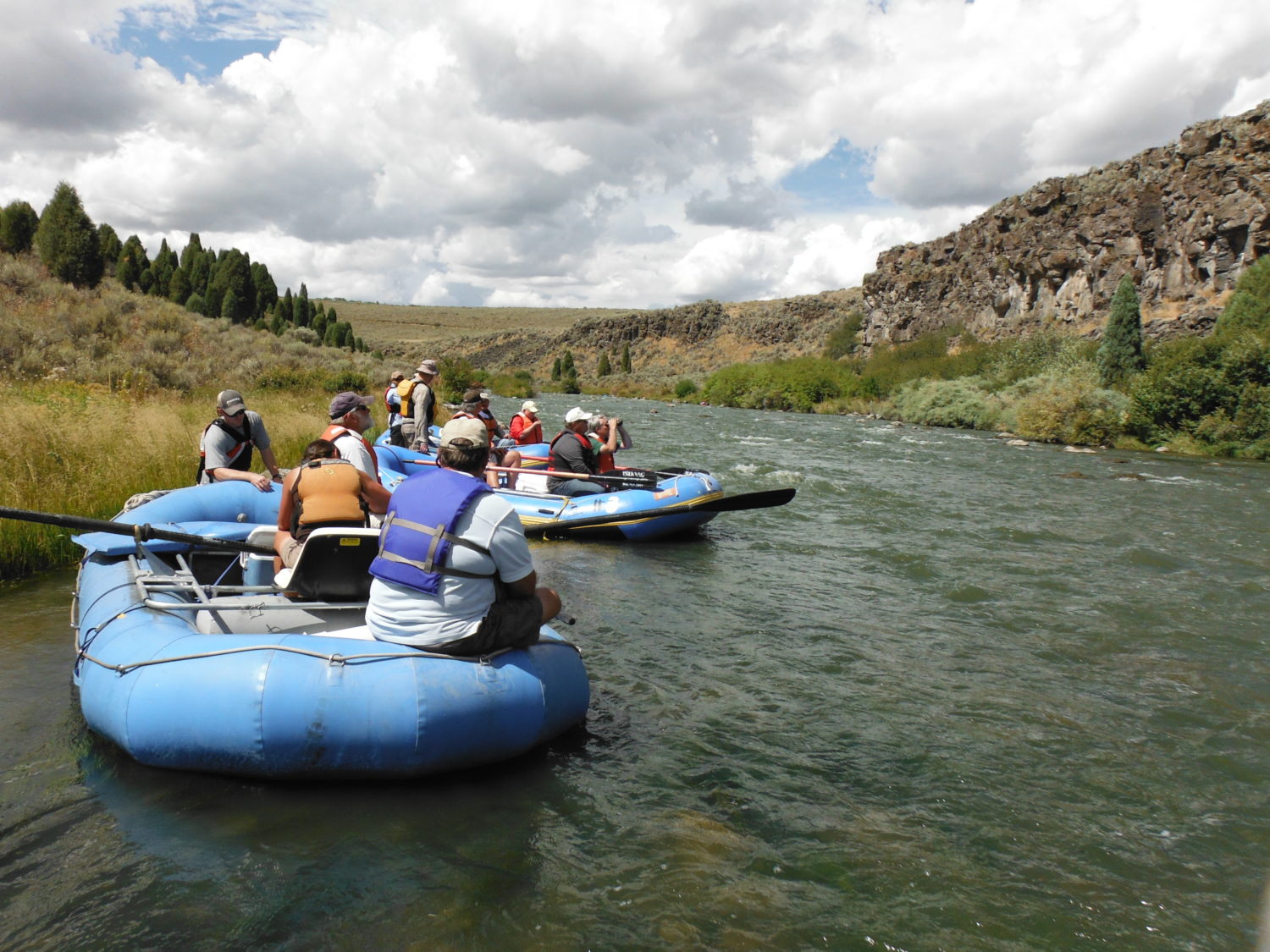
Instead of concocting schemes to sell off or dismantle America’s public lands systems, our academics, think tanks, and politicians should focus on ways to improve the management of public lands.
Let’s commit to giving the agencies the resources they need to better manage these lands. Let’s figure out ways to improve access so that more Americans can experience them. Let’s improve the way we handle energy development on public lands, so we can have energy independence and world-class wildlife and recreation. Let’s create better partnerships between the states and the federal government when it comes to managing lands and species. And, because water flows downhill and fish and wildlife do not read ‘posted’ signs, let’s incentivize private landowners to do what is right for conservation and manage entire ecosystems for future generations.
America’s public lands are not something to be sold off for a quick buck. They are, in the words of Wallace Stegner, “the best idea we ever had. Absolutely American, absolutely democratic, they reflect us at our best rather than our worst.”
Let us embrace that.

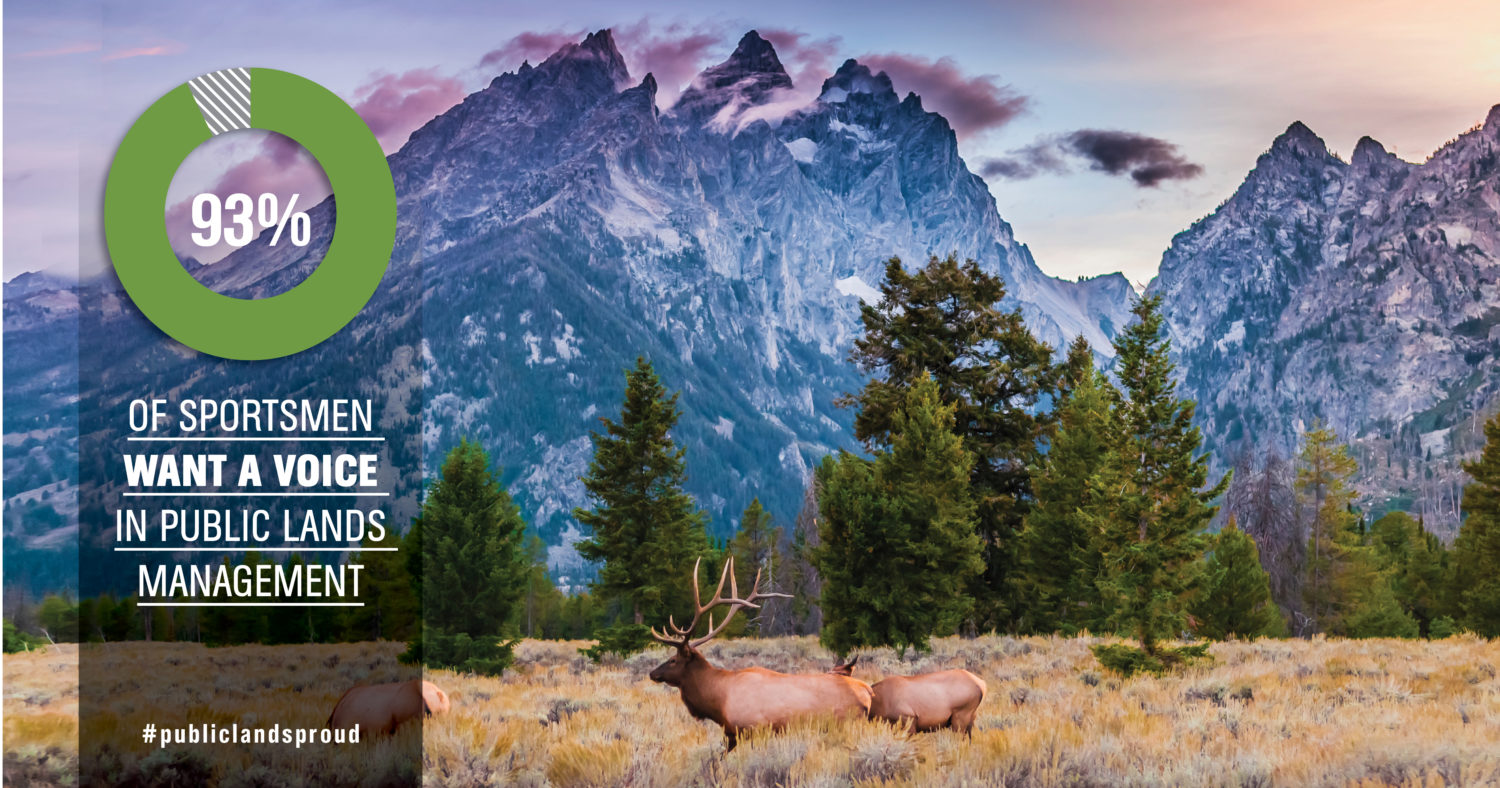
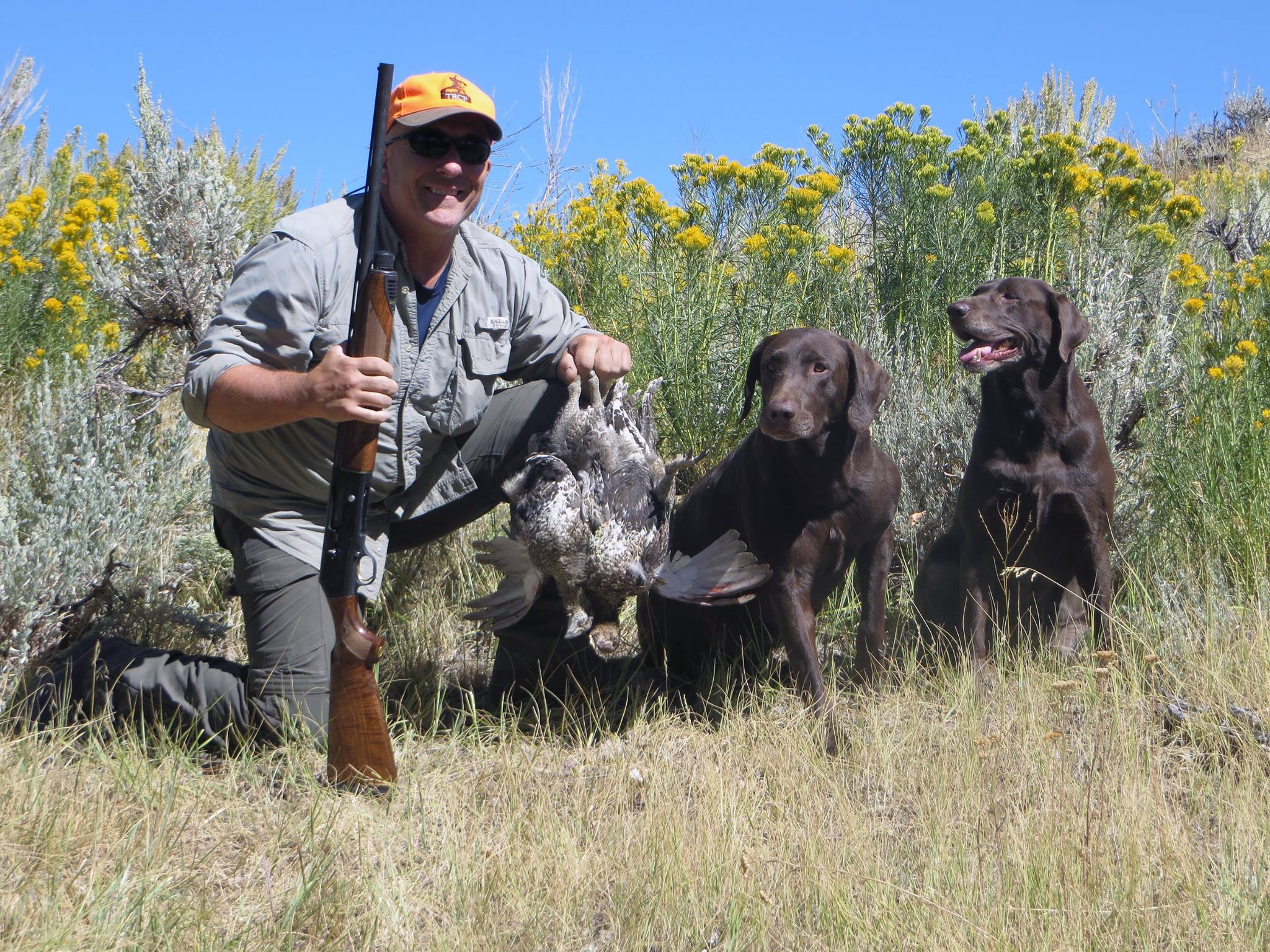
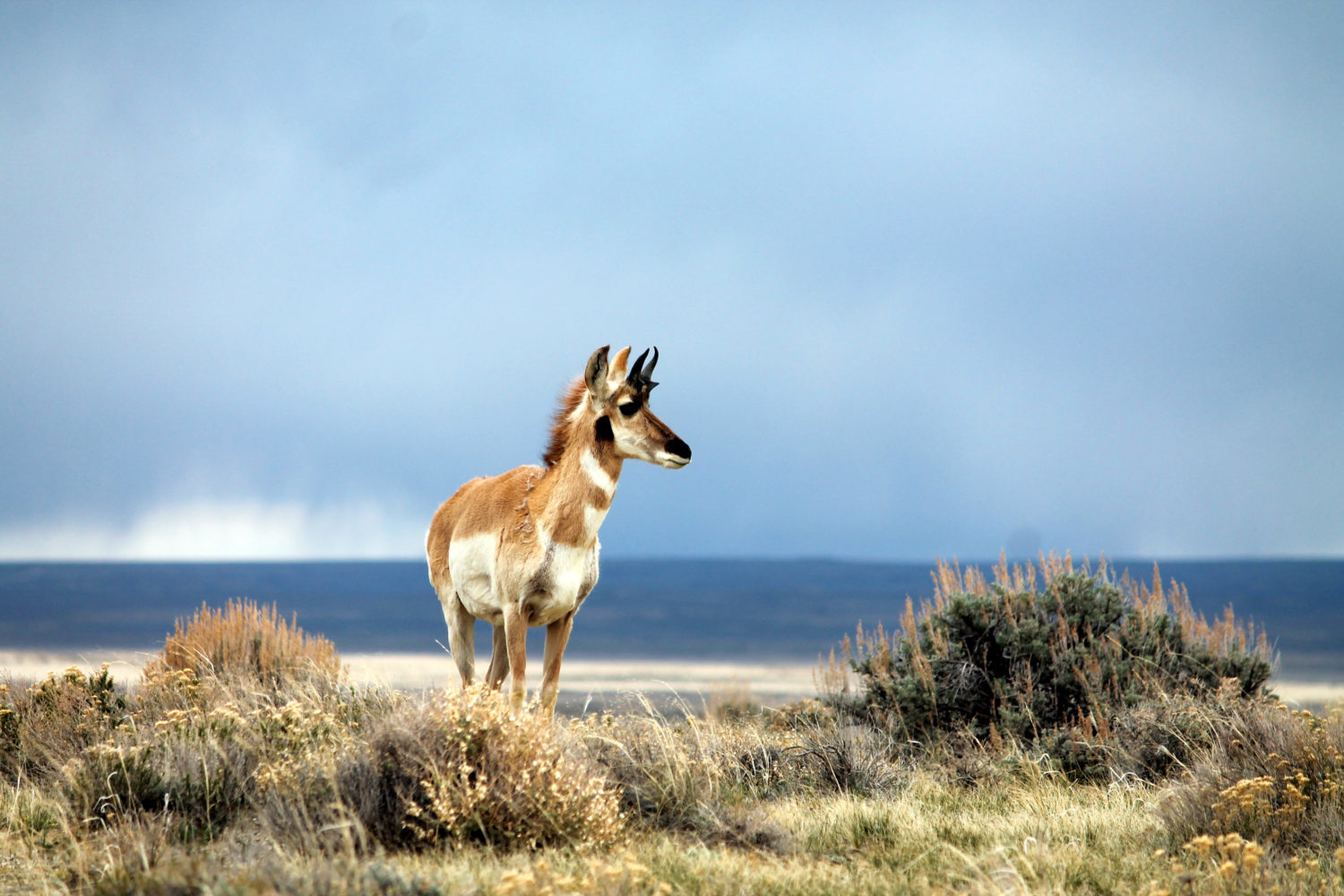
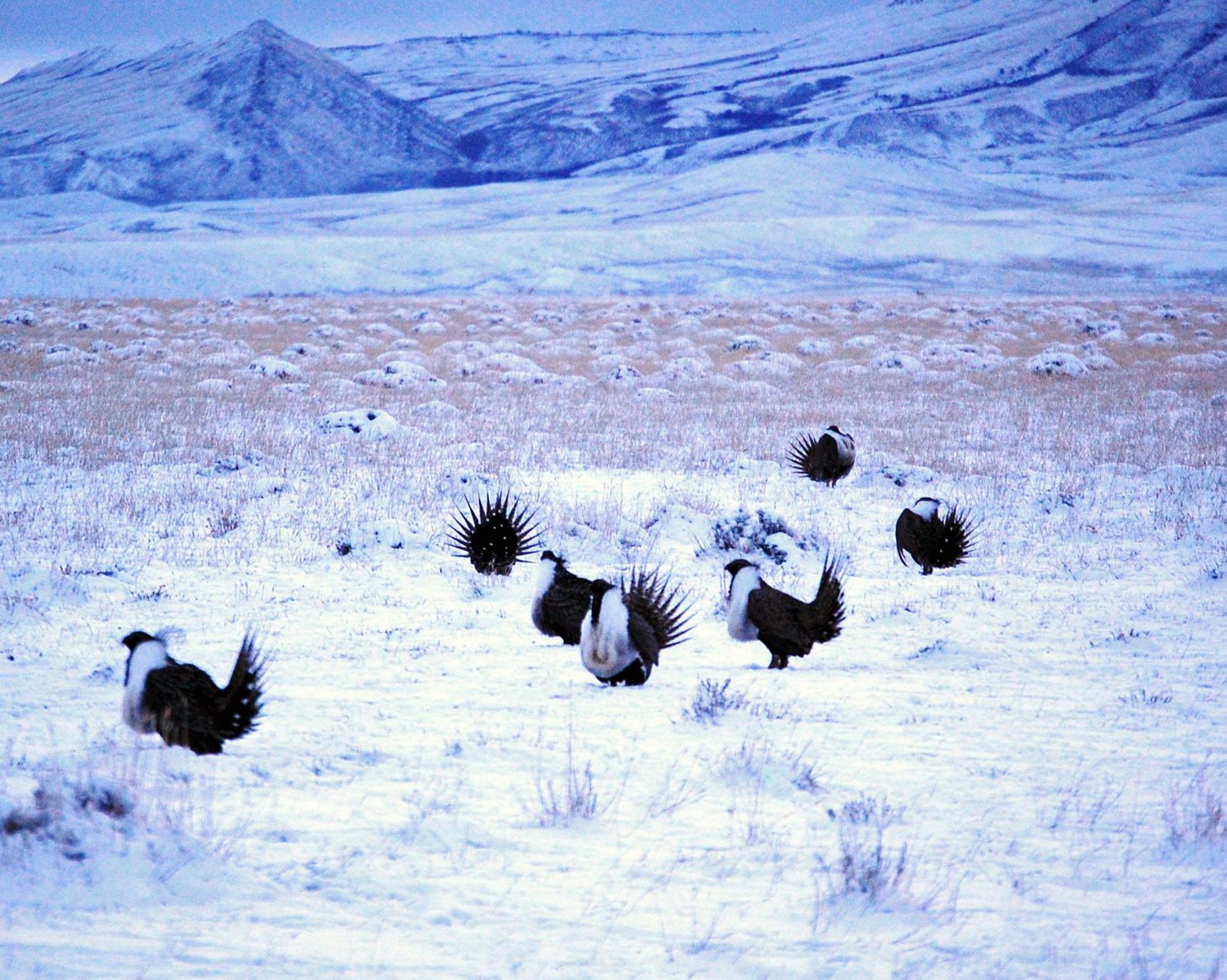

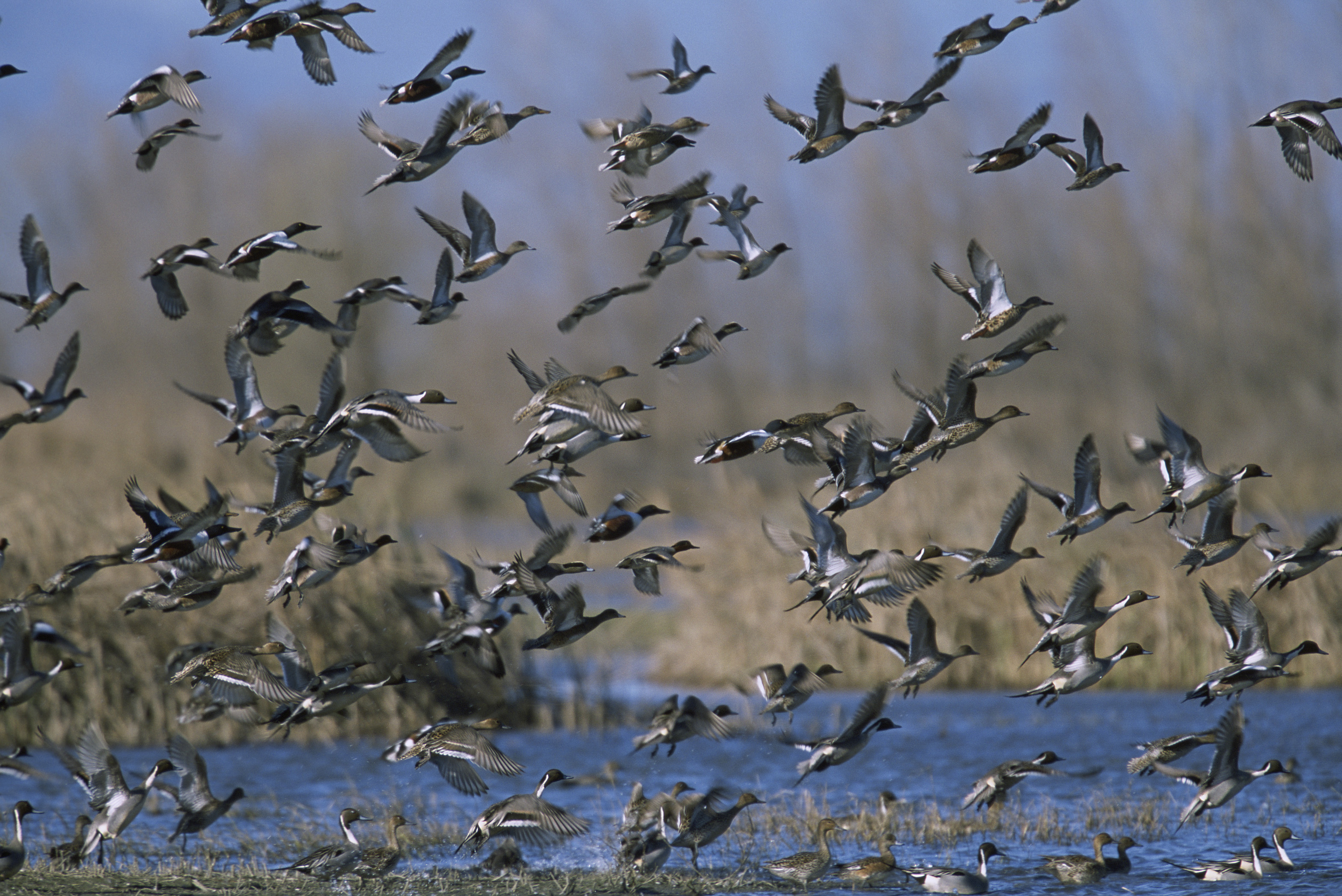
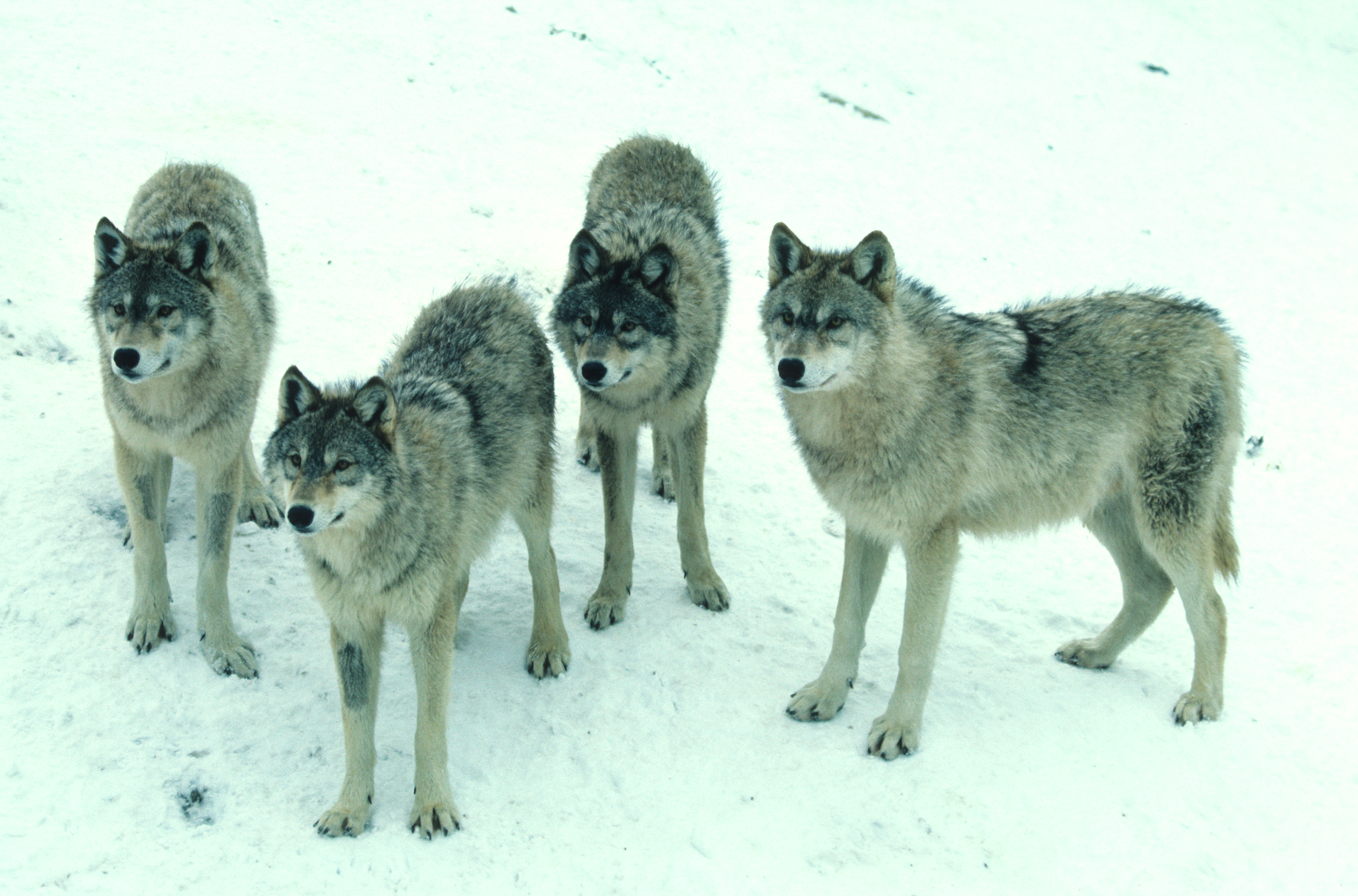
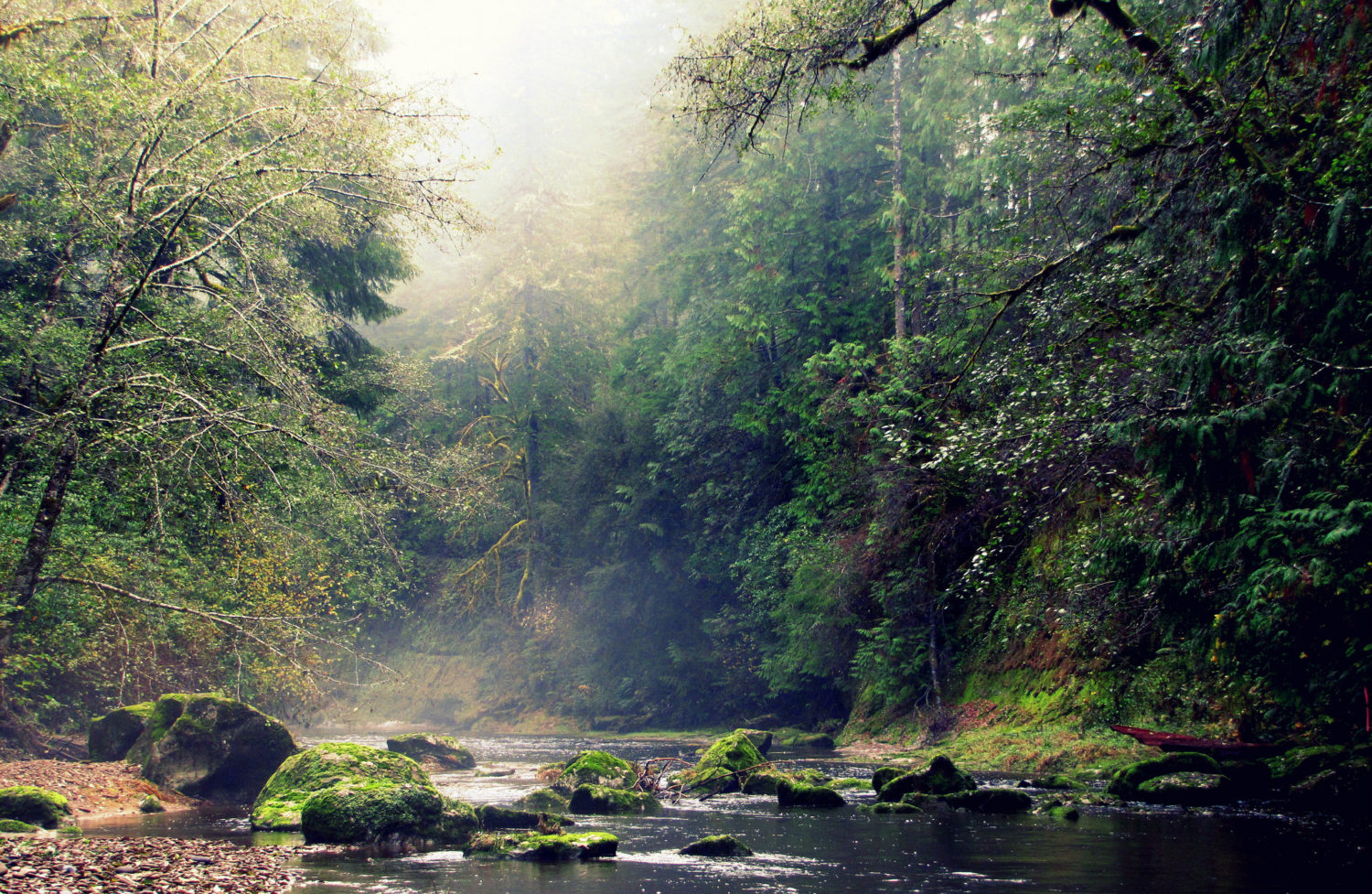
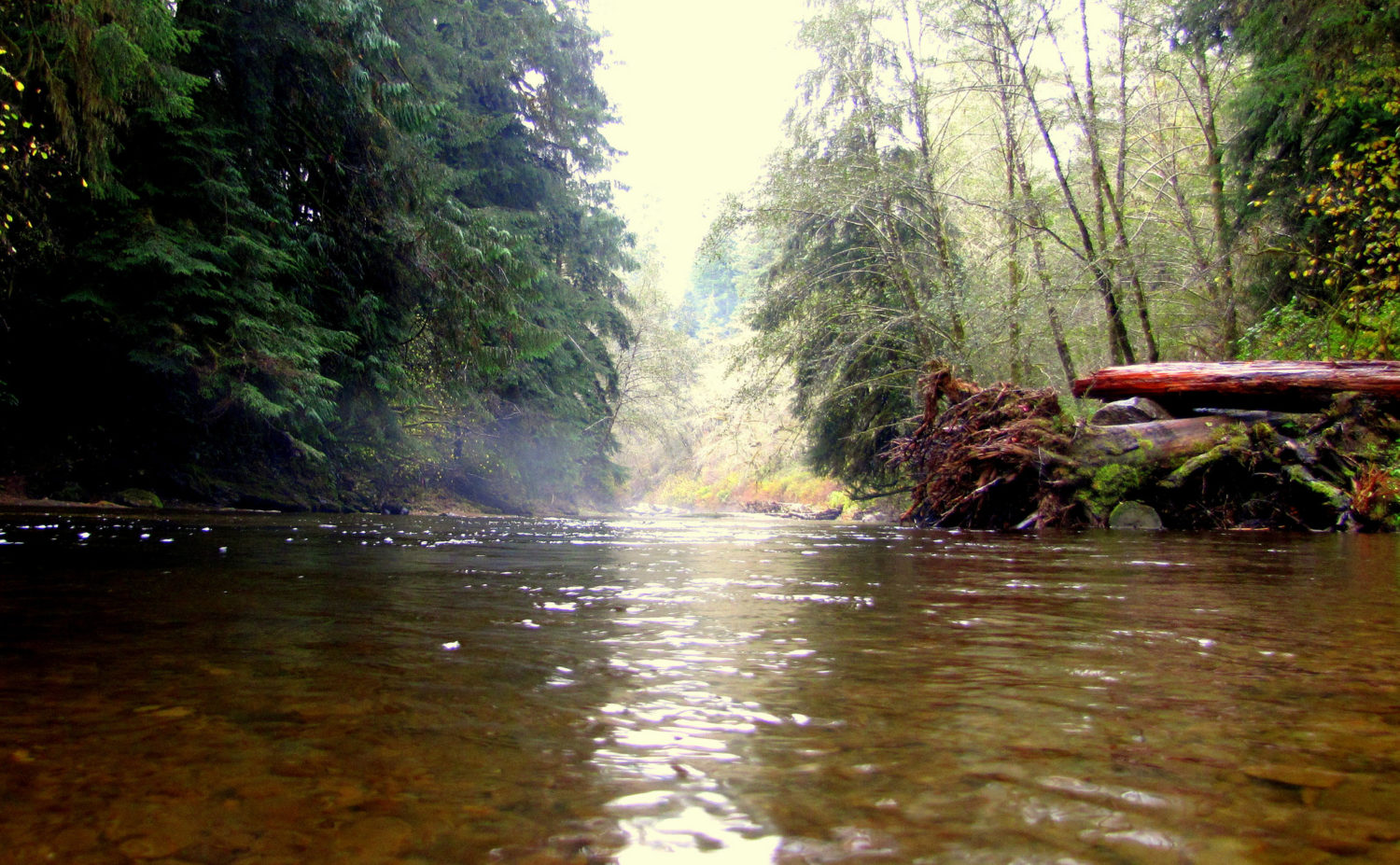




Izaak Walton Central New York Chapter and New York State Division support keeping public lands under federal jurisdiction.
Bravo, well said, public lands, untitled from the dawn of creation. Let’s keep it safe under Federal stewardship for those “yet in the womb of time”.
Lake County Conservation District, Montana is taking comments on a proposal to transfer management of 60,000 acres of Flathead National Forest land to the state of Montana for 100 years. Comment period ends Aug 31, 2017. Comments can be made at the web site, http://www.lakecountyconservationdistrict.org, under Swan Study. These lands belong to all Americans, not just local residents. The more comments we can get opposing this idea will help to defeat it.
Thanks, Curt! We’re also helping to collect comments here.